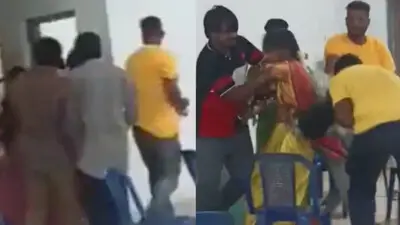Recommended Stories
"Nearly 10 lakh students have appeared in the exam. We are not going to stay the publication of the result," a bench comprising Chief Justice Dipak Misra and Justice Sanjiv Khanna said.
The court, which was hearing a bunch of petitions including two PILs, also issued a notice to National Law University and sought its response on the allegation that due to the rescheduling of the AIEEE exam, some candidates were not able to appear in the law entrance.
The bench, while refusing to stay the declaration of the results, posted the matter for a final hearing on May 30.
"We are more concerened about why the leakage (of question paper) took place. Why should such a thing happen? You are only on a micro issue (of rescheduling the exam)," the bench said.
Meanwhile, Pitam Singh, Director (special exams) CBSE, filed a reply to the petitions saying the litigations were not "bonafide" and they deserve to be dismissed.
"It is a well settled law that a well-informed and considered decision taken by an examination conducting body on the basis of material and information available to it is beyond the scope of judicial review as the said body is the best judge of the situation and the manner of dealing with the same," Singh said.
"Had the Board had decided to cancel the examination for all 97 percent candidates (who appeared for exam on May 1), this would have caused inconvenience and harships to a vast majority of sudents," he added.
A group of AIEEE candidates, who had appeared for the exam after a delay of three hours due to question paper leak on May 1, had approached the high court for cancellation of both the examinations (1st and 2nd phase) on the ground that the students were compelled to appear in the exam under adverse conditions and circumstances, which is violative of fundamental rights.












